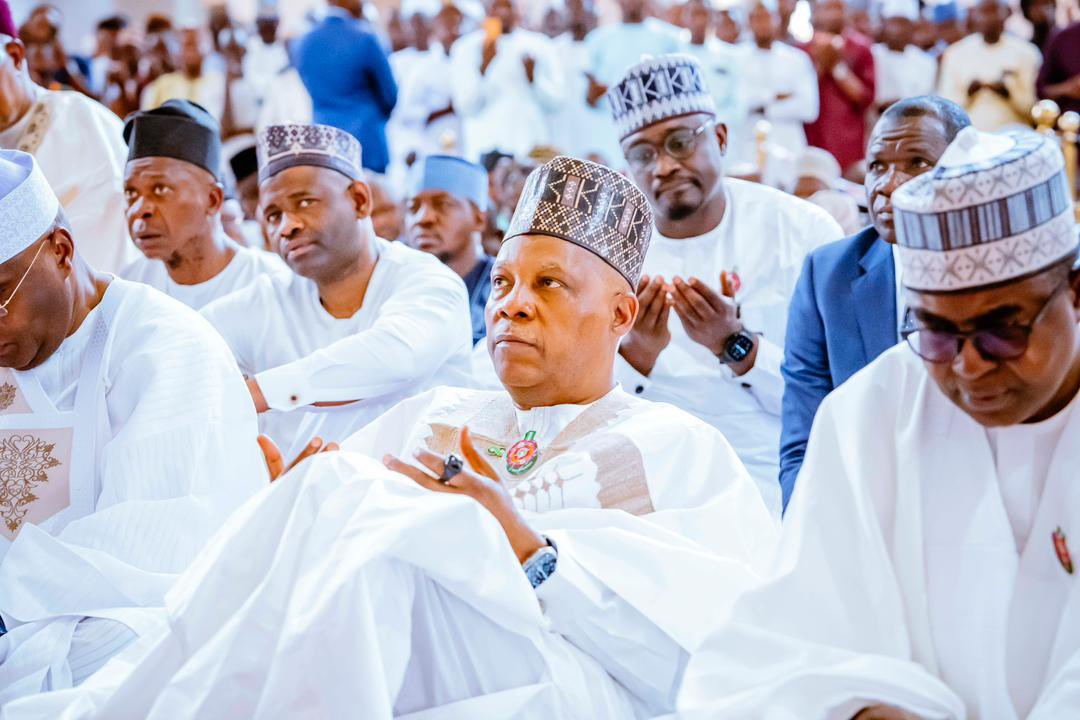The House of Representatives has assured the citizenry that its ongoing investigation into alleged irregularities in the disbursement and management of student loans by the Nigerian Education Loan Fund (NELFUND) is not targeting any individual or institution.
It explained that the probe is to ensure transparency, accountability and fairness in the scheme’s implementation.
Chairman of the House Joint Committee on Student Loans, Ifeoluwa Ehindero, gave the assurance in Abuja at the North Central zonal investigative hearing on alleged unethical practices in the scheme, held at Yakubu Gowon University.
He said the exercise was in response to mounting public concerns, credible reports of irregularities, and a motion on the floor of the House in May, which mandated the panel to look into allegations of diversion, non-disclosure, and non-compliance with the Student Loans Act, 2024.
Ehindero acknowledged the critical role NELFUND plays in shaping access to tertiary education in the country, saying education is not just a personal right, but a public good.
He said: “I must commend NELFUND and Nigerian students for embracing this transformative journey of Mr. President’s ‘Renewed Hope Agenda in Education Sector’. During the period under review, NELFUND has disbursed N73,113,908,543 in loans as of Monday, 30 June 2025, with a total of N366,247 student beneficiaries across federal and state tertiary institutions, with N38,262,648,545 allocated to tuition fees and N34,851,260,000 allocated for upkeep allowance to over 206 beneficiary institutions.
“Let it be known that this hearing is not a witch-hunt. It is a fact-finding and truth-seeking mission. We are here to listen, to ask probing questions, and to hold accountable any individuals, institutions found wanting. Our commitment is to the Nigerian people, particularly the teeming youth, who look to government programmes like NELFUND for opportunity, support and hope.”
In their separate submissions, heads of institutions across the different states that made up the geopolitical zone described the fund as a critical intervention in the education sector, and appealed for the addition of bank charges on the amount sent for disbursement to beneficiaries to reduce the financial strain on institutions making payments.






